A new battery electric truck charging project aims to develop and demonstrate cutting-edge solutions for megawatt charging systems (MCS) in multi-user charging hubs.
Led by VTT Technical Research Centre of Finland, the aim of the Macbeth (Multipoint Megawatt Charging for Battery Electric Truck Hubs) project is to establish a European charging network for electric trucks by 2030.
The €10 million initiative, which will run until January 2029, brings together a consortium of 19 European companies, universities, and research centres in an effort to address the critical challenges of sustainable heavy-duty transport.
Yancho Todorov (pictured), senior scientist and coordinator of the project at VTT, said: “To create a functional charging infrastructure, we need to investigate many aspects, including various charging hub designs, hardware systems, plug standards, safety-enabling robot technologies, as well as practical experiences of logistics companies in operating electric trucks.
“The project will also explore new business models for charging infrastructure.”
Two large-scale demonstration pilots will test hybrid charging stations serving multiple users, including heavy and medium-duty vehicles in professional transport, as well as light-duty private vehicles, and conduct comprehensive research into the charging hub design, safety, and operational efficiency.
One of the project partners is the Finnish company Kempower, which designs and manufactures fast-charging solutions for electric vehicles (EVs).
Ville Naumanen, research director at Kempower, said: “We’re bringing crucial equipment and expertise to the table.
“Currently, megawatt charging infrastructure is very rare in Europe, and our technologies will be key to bridging this critical gap.”
The project aims to find new practical solutions through real-life piloting to ensure that electric charging meets the needs of heavy-duty logistics companies.
One of the technologies under study is the testing of a robotised charging arm that could help the charging process by increasing safety in high-power charging systems.
The Netherlands-based Rocsys’s goal is to create a solution where drivers can rest while the robot handles the charging, potentially improving overall logistics efficiency.
Joost van der Weijde, from Rocsys, explained: “The robotised charging arm will not only free drivers’ time and increase productivity but also enhance safety.
“Currently, drivers must exit their vehicles, handle heavy charging cables, and interrupt their break time.
“By automating the charging process, we're addressing critical ergonomic, operational, and safety challenges in electric heavy-duty transport.”

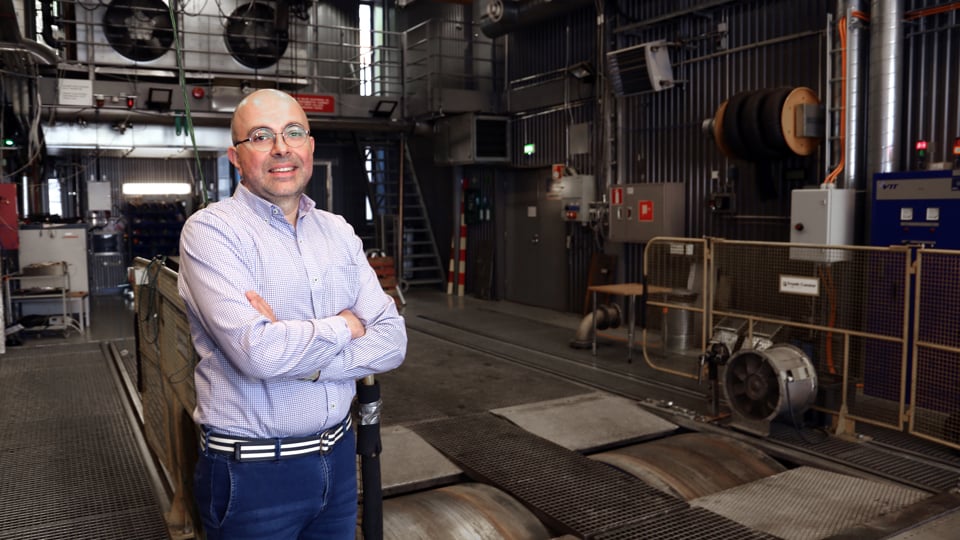




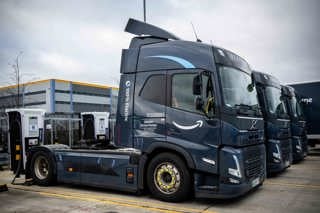


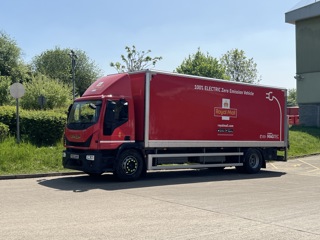
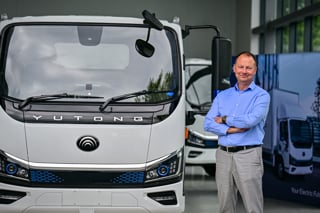
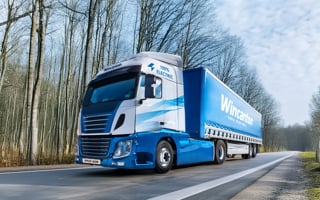
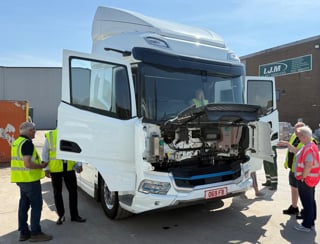
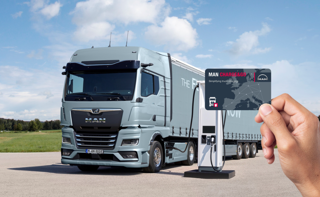











Login to comment
Comments
No comments have been made yet.